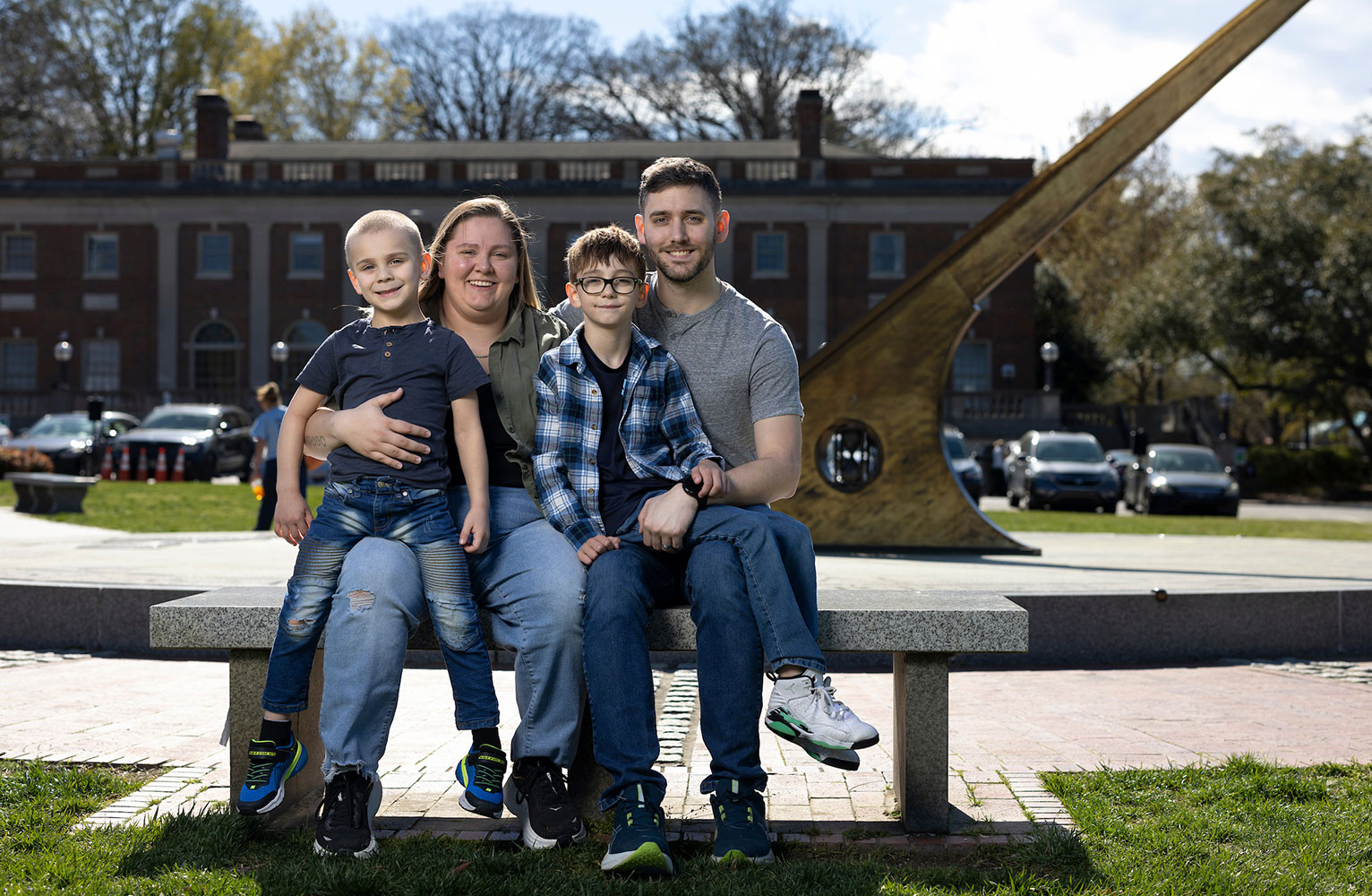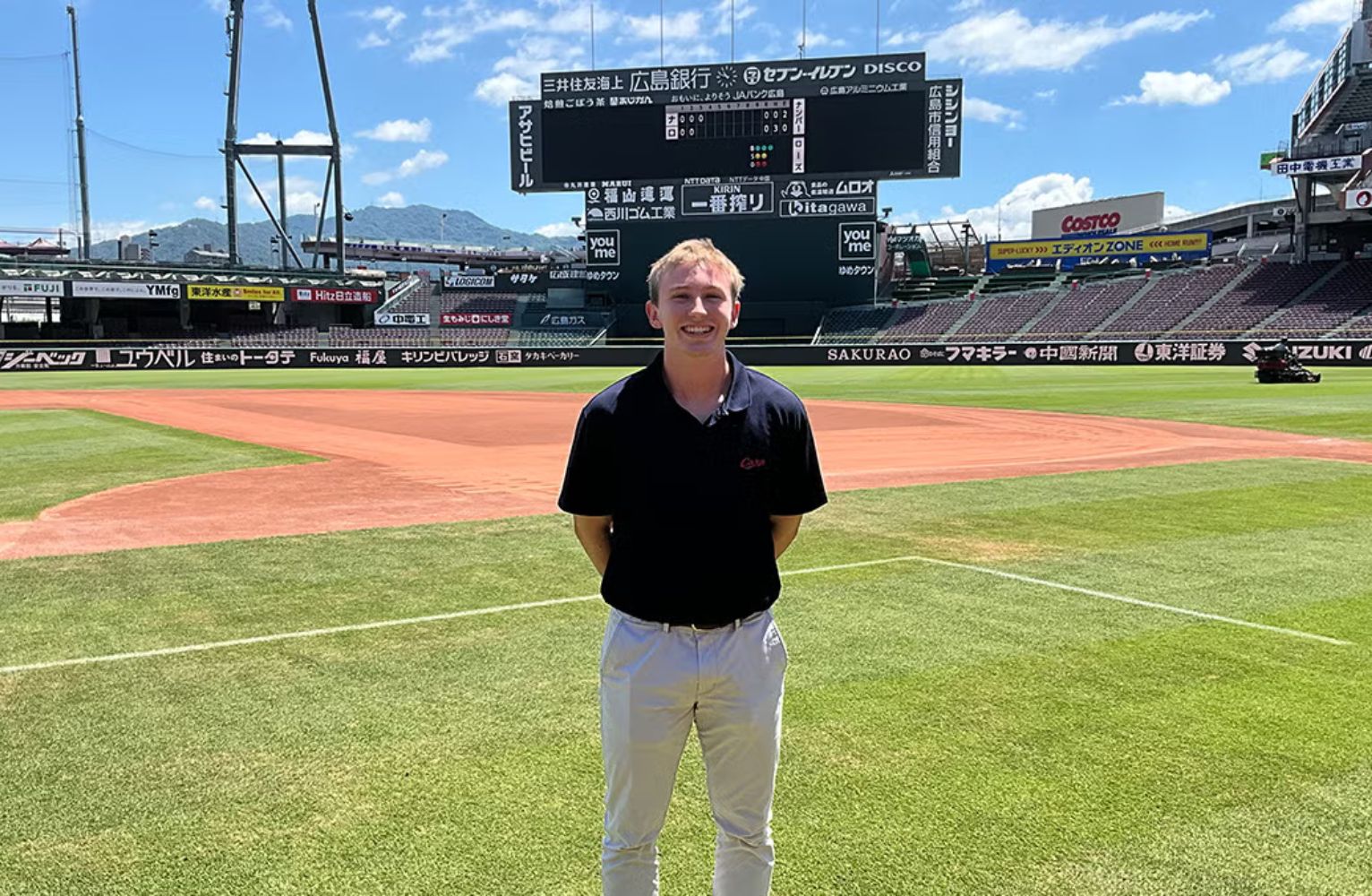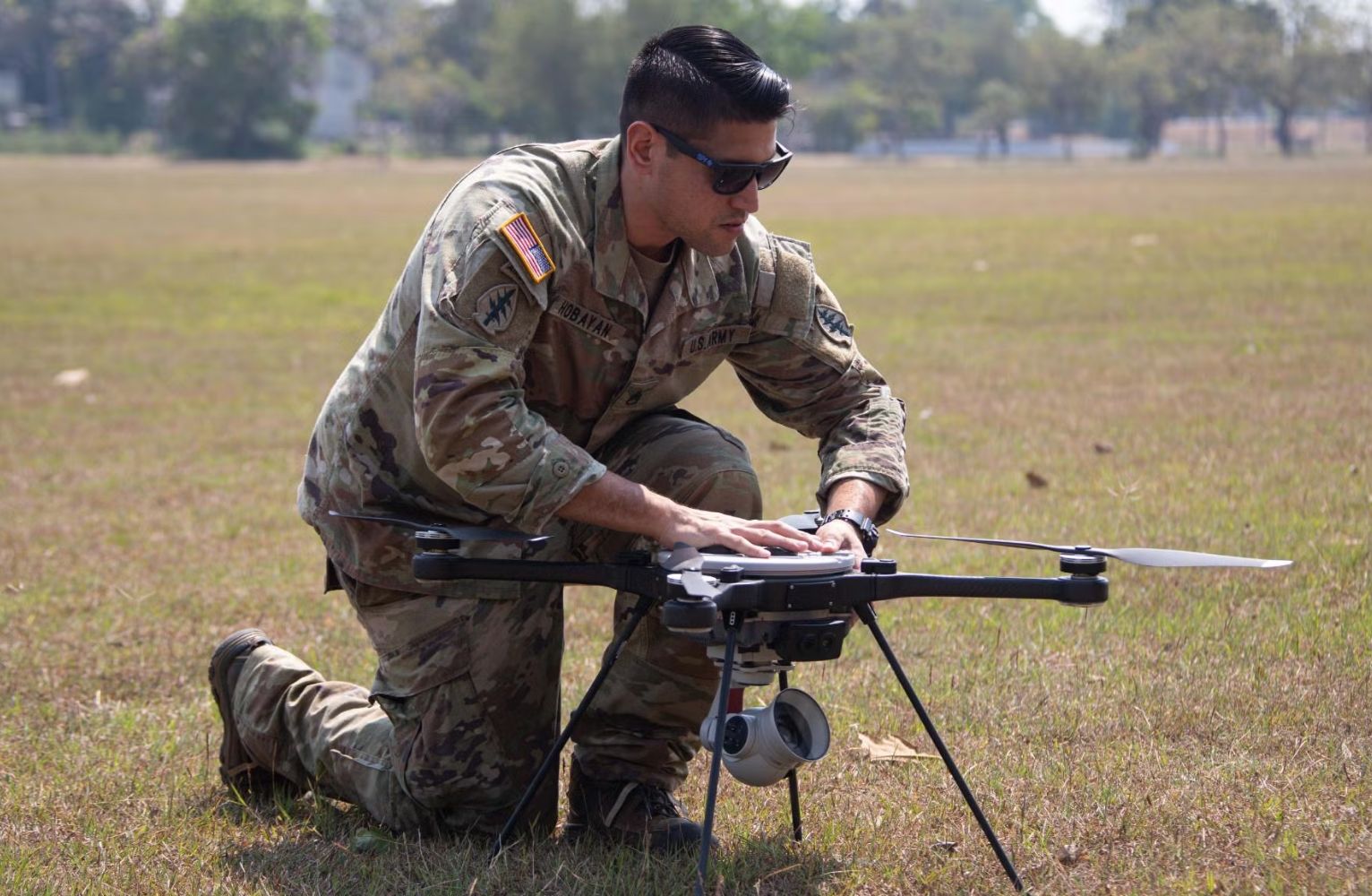
As a child, Logan Amos ’27 didn’t know much about her dad’s work as a surgical oncologist at the UNC School of Medicine. Ten years after her father’s unexpected passing, Amos is returning to Chapel Hill as a Chancellor’s Science Scholar to pursue her own research goals.
In 2013, Dr. Keith Amos was in Edinburgh, Scotland, accepting an award when he suffered an aortic dissection — a tearing in the layers of the aortic wall that shares common symptoms with and “mimics how heart attacks work,” Logan Amos said. While the aortic dissection mimics a heart attack, the methods of treatment are completely different.
“It was a lot of being upset with people because, like, why wouldn’t you know how to treat something that’s completely different from a heart attack?” she remembered thinking. “That sort of is what initially got me interested in biology and health in general.”
A native of Houston, Amos attended high school at a boarding school in Ohio, where she worked in an on-campus cancer immunology lab. She conducted a project on how nicotine affects cancer growth in non-lung parts of the body and did more research at Texas A&M-Corpus Christi on ways to detect cancer more swiftly.
There, she made a serendipitous discovery when she reviewed an article for her own work and spotted “K.D. Amos” as the author.
“That sort of unlocked something for me,” she said. “I was like, ‘Oh, my God, this is so interesting.’ I had no idea that my dad had done this before. That’s when I had really decided that the place that I wanted to be was cancer research.”
This summer, Amos got a jump start on college through the Chancellor’s Science Scholars’ five-week Summer EXCELerator program. Students take classes, go on lab tours, receive professional development and take part in cohort-building activities.
While the program helped her get accustomed to college life, it also affirmed her decision to come to Carolina, where she would have the resources that allowed her to follow in her father’s footsteps.
Read the Complete Carolina Story
Related Stories




